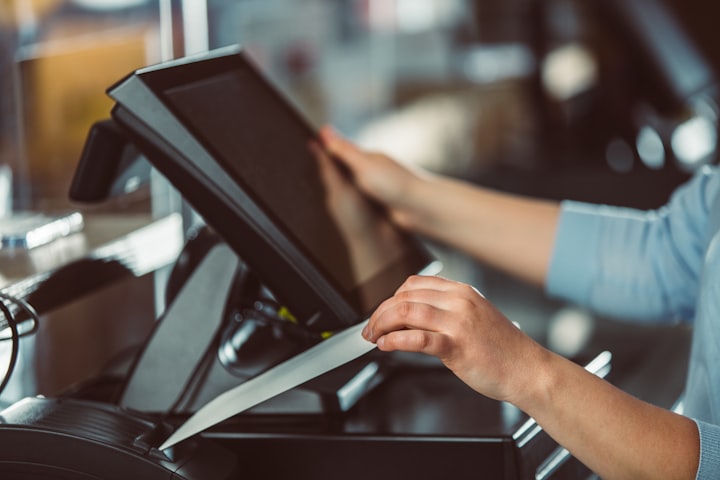Cashless Economy : End of Privacy
Cash is Always The King

Cashless economy is an economy where financial transactions are made without the use of physical cash. Instead, transactions are made using digital payment methods such as debit cards, credit cards, mobile payments, e-wallets, and more. This type of economy has the potential to reduce costs and increase efficiency, as well as provide greater security and convenience. To achieve a cashless economy, a country or region must first have the necessary infrastructure in place such as reliable internet access and digital payment options. Additionally, the population must be educated about the benefits of cashless payments and be willing to adopt them.
Also, the government must put in place policies and regulations that encourage the use of digital payments and discourage the use of cash.
Reserve Bank of India, recently issued the digital currency (e₹-R) in pilot mode for retail segments.
The Indian Government feels that digital currency has the potential to revolutionize the country's economy and
bring financial services to millions of unbanked citizens.
A cashless economy has several potential drawbacks and may not be the best option for certain countries. The main issue with a cashless society is that it can lead to a decrease in privacy and security.
Without cash, people would have to rely on digital payment methods, which could make them vulnerable to cybercrime, identity theft, and fraud.
Another issue is that it could lead to a decrease in access to funds. Low-income individuals may not have access to the technology or resources needed to take part in a cashless economy. In addition, it could lead to the exclusion of certain groups, such as those living in rural areas.
Lets take an example, Rahul pays Rs.500 in Cash to Radhika on a business transaction.
This transaction is private and never knows to anybody else other than the sender & receiver.
This transaction doesn't involve any charges/commissions to financial institutions.
Paying by cash is convenient and the fastest payment method free from technology.
On the other hand, if Rahul chose to pay by Card/Bank/DigitalWallet
The transaction details will be registered in the ledger of both the sender/receiver's bank, hence the transaction is no longer private.
Charges may be involved to pay network (Visa/Mastercard) especially if it is a card transaction. Now the transaction details are shared with network providers as well,
as many countries doesn't have a network of their own .
The transaction may fail due to network unavailability and there are also chances that the amount may
be debited twice from the account which will take time to get it refunded.
A cashless economy could also lead to a decrease in freedom, as individuals would be limited to the payment methods available to them. This could be particularly problematic in countries with high levels of corruption, as digital payment methods are more easily monitored and tracked than cash. In addition, a cashless economy could lead to a decrease in disaster recovery time. In the event of a disaster, cash can be quickly distributed to those in need, while digital payments may take longer to process.
Another potential drawback of a cashless economy is the increased cost of transactions. Without cash, payment providers would be able to charge higher fees for their services. This could be particularly problematic for low-income individuals, who may not be able to afford the additional costs. Finally, a cashless economy could lead to an increase in negative interest rates. Without cash, banks would be able to charge individuals to store their money, which could be particularly problematic for those on low incomes.
In conclusion, a cashless economy has several potential drawbacks. It could lead to a decrease in privacy and security, a decrease in access to funds, the exclusion of certain groups, a decrease in freedom, a decrease in disaster recovery time, an increase in the cost of transactions, and an increase in negative interest rates. For these reasons, it is important to consider the potential drawbacks of a cashless economy before making the switch.
Remember cash is always the king. Try to spend 50% of you day to day expenditure in cash. Monopoly of any form is highly dangerous.
About the Creator
Arun Ramasamy
Nature Lover, Just go with the flow, techno freek.
Do what you can.. don't when you cannot.






Comments
There are no comments for this story
Be the first to respond and start the conversation.